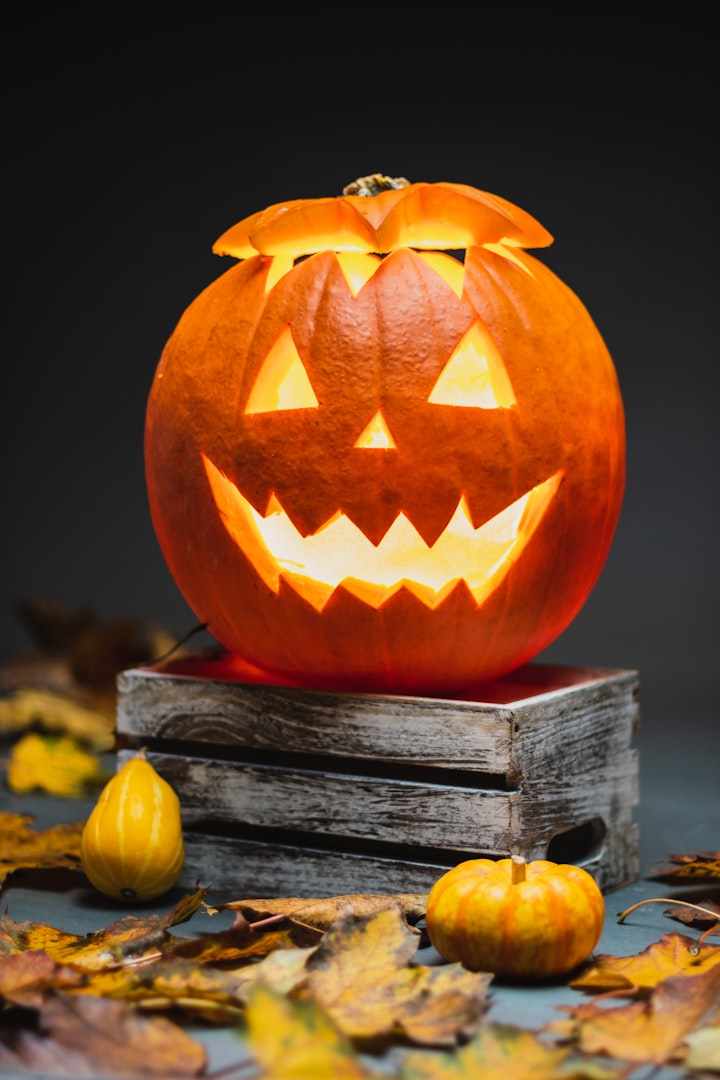The Evolution of American Halloween Customs
Halloween

Halloween, which takes place on October 31st, is a holiday with a rich and varied history. While it is now celebrated primarily in the United States and Canada, Halloween has its roots in ancient Celtic and European traditions.
The origins of Halloween can be traced back to the Celtic festival of Samhain, which marked the end of the harvest season and the beginning of the dark, cold winter. The ancient Celts believed that on the night of Samhain, the boundary between the world of the living and the world of the dead became blurred, and ghosts and other supernatural beings were able to roam the earth. To appease these spirits and protect themselves from harm, the Celts would dress up in costumes and offer sacrifices and treats.
When the Romans conquered the Celts, they incorporated many of their traditions into their own festivals, including the celebration of Samhain. The Roman festival of Feralia, which took place in late October, honored the dead, and the festival of Pomona, which celebrated the goddess of fruit, was also held at this time.
As Christianity spread throughout Europe, the traditional pagan celebrations of Samhain and other festivals were incorporated into the Christian holiday of All Saints' Day, also known as All Hallows' Day. All Hallows' Day was a time for Christians to honor the saints and martyrs of the faith, and it was celebrated on November 1st. The evening before All Hallows' Day was known as All Hallows' Eve, and eventually became known as Halloween.
Halloween traditions in the United States and Canada have evolved over time to incorporate elements from a variety of cultural and historical sources. In the 19th and early 20th centuries, Halloween was primarily a holiday for children, who would go door-to-door in their neighborhoods, asking for treats and playing pranks. This tradition, known as "trick-or-treating," is still a popular activity today.
Over the years, Halloween has also become associated with spooky and supernatural themes, and it is now a popular time for adults to attend costume parties and celebrate with haunted houses and other Halloween-themed events.
In addition to trick-or-treating and costume parties, other Halloween traditions in the United States and Canada include carving jack-o'-lanterns from pumpkins, decorating homes and yards with spooky decorations, and telling ghost stories.
Despite the commercialization of Halloween, it remains a beloved holiday for many people, and is a time for celebration and community. Whether you enjoy dressing up in costume, collecting treats, or simply enjoying the spooky atmosphere of the season, there is no denying the enduring appeal of Halloween and its rich cultural history.
As Christianity spread throughout Europe, the traditional pagan celebrations of Samhain and other festivals were incorporated into the Christian holiday of All Saints' Day, also known as All Hallows' Day. All Hallows' Day was a time for Christians to honor the saints and martyrs of the faith, and it was celebrated on November 1st. The evening before All Hallows' Day was known as All Hallows' Eve, and eventually became known as Halloween.
Over the years, Halloween traditions in the United States and Canada have evolved to include a variety of activities, such as trick-or-treating, costume parties, and haunted houses. However, despite its commercialization, Halloween remains a beloved holiday for many people, and is a time for celebration and community.
Whether you enjoy dressing up in costume, collecting treats, or simply enjoying the spooky atmosphere of the season, there is no denying the enduring appeal of Halloween and its rich cultural history. So grab your costume and get ready to celebrate this fun and exciting holiday!





Comments
There are no comments for this story
Be the first to respond and start the conversation.